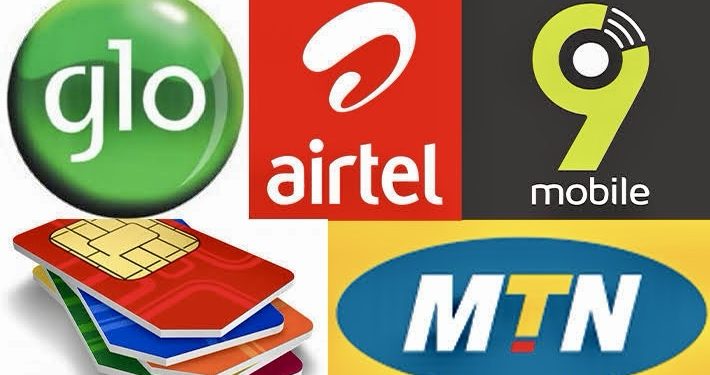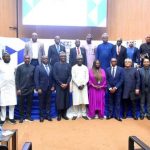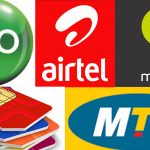The Nigerian Communications Commission’s (NCC) recent approval of a 50% increase in telecom tariffs, effective February, has sparked widespread concerns from consumers and stakeholders alike. While many Nigerians have rejected the hike, citing rising living costs, the Nigeria Internet Group (NIG) and mobile network operator 9mobile have acknowledged the move as a necessary response to current economic realities and industry challenges. In a statement, NIG President Destiny Amana noted that although the economic pressures justifying the increase are understandable, the tariff hike must come with a clear commitment to improving service quality. “Service levels across all networks have been deplorable—with poor signal quality, frequent call drops, and unreliable data services becoming the norm,” Amana said. He emphasized that public and stakeholder acceptance of the hike depends on telecommunications operators delivering significant and measurable improvements in service delivery. Amana further called on the NCC to act as a strong regulator by ensuring strict compliance and transparency. He urged the commission to guarantee that funds generated from the tariff adjustment are reinvested in network expansion, infrastructure development, and quality enhancements. “Consumers must not bear additional financial burdens without receiving corresponding benefits,” he added. In a separate statement, 9mobile CEO Obafemi Banigbe explained that the tariff adjustment was essential to sustain the industry. According to Banigbe, financial constraints have delayed critical infrastructure upgrades and capacity expansion for telecom operators, and the tariff increase would provide the funds needed to address these challenges. “This adjustment allows us to reinvest in our networks, improve capacity, and deliver better service to our customers,” Banigbe said. Banigbe also reassured the public that 9mobile remains committed to leveraging the additional resources to enhance service quality, strengthen network resilience, and expand access to underserved areas. The tariff hike comes at a time when Nigeria’s telecom sector faces mounting operational costs due to inflation, fluctuating exchange rates, and rising energy expenses. However, many consumers have criticized the decision, arguing that it further strains their already tight budgets without any guarantee of better services. Industry observers have called on the NCC to balance the need for tariff adjustments with consumer protection by enforcing accountability and transparency among operators. They have also emphasized the importance of ensuring that the funds are directed toward infrastructure upgrades, improved network coverage, and the elimination of persistent issues like call drops and slow internet speeds. As the implementation date approaches, all eyes are on the NCC and telecom operators to see if the tariff hike will indeed bring the promised improvements or further deepen dissatisfaction among consumers.










